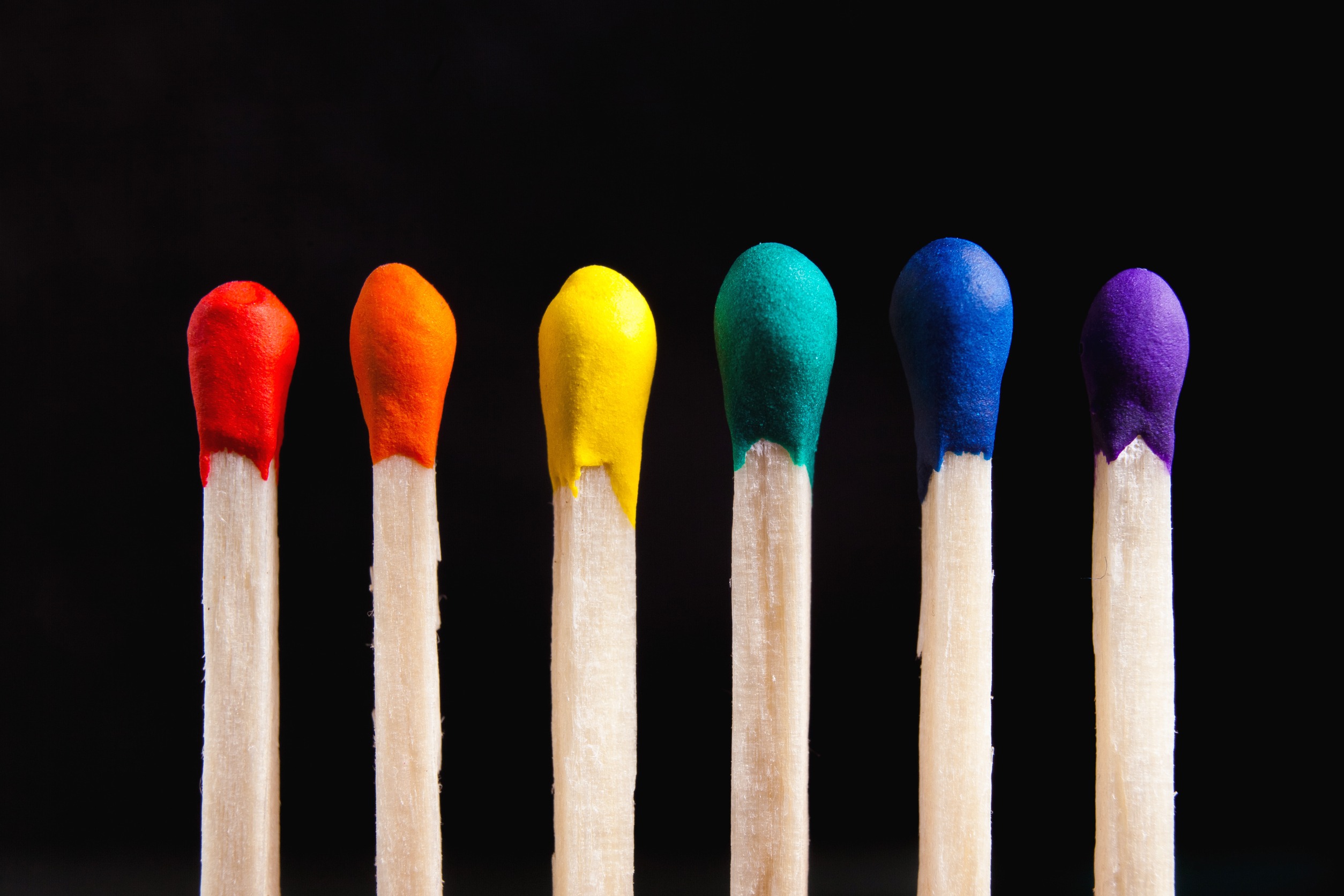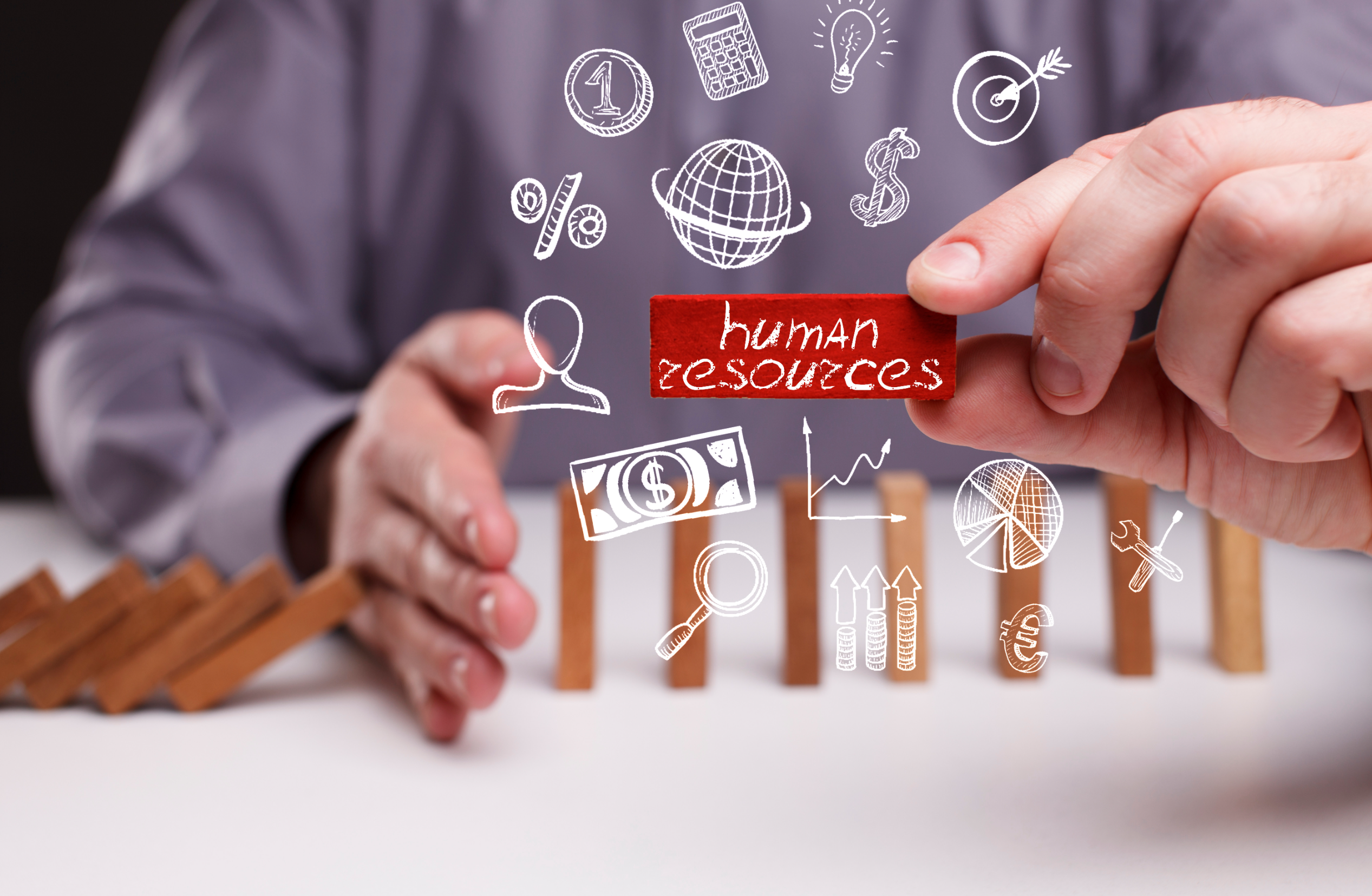LGBTQ+ inclusion in the workplace: Challenges and opportunities
- HRM Asia Newsroom
- Topics: DE&I, Employment Law, Features, Home Page - Features, Singapore, Talent Management

While there is notable support for the LGBTQ+ community in Singapore, there is a significant gap in visible support, highlighting substantial opportunities for workplaces to enhance understanding of rights and non-discrimination, and to foster environments where diverse perspectives can coexist respectfully.
Ipsos conducted a survey on LGBTQ+ across 26 countries, including 500 respondents from Singapore, of whom 6% identified as LGBTQ+ (compared to 9% in 2023). The survey examined opinions on LGBTQ+ visibility, expression, access to civic rights and allyship. This article offers an opinion on the Singapore results.
The survey had quotas on age (21-74), gender, and ethnicity, with respondents being more educated and affluent than the general population. The Ipsos survey reflects the “views of the more connected segment” of the population, which could range from someone working in a local corporate culture to a global MNC. While weighted to reflect the demographic profile, it does not specify if respondents were residents. This article considers how views on LGBTQ+ issues are shaped by personal values and belief systems, which were not factored in the recruitment.
The survey included four questions on allyship, measuring the relevance of personal acts of support for the LGBTQ+ community. Non-participation in allyship was high, averaging 75%, with negative responses being the highest of all survey questions. However, the question on speaking up was not well-phrased for the Singapore context, where non-confrontational support is more common. Nevertheless, there is a gap in personal allyship compared to the global average of 69%.
Attitudes towards same-sex marriage, adoption and parenting remained about the same as last year. Among these more educated and affluent respondents, 15% opposed protection of lesbian, gay and bisexual (LGB) people from discrimination in employment, housing, and access to businesses (16% for transgender); 20% opposed openly LGB athletes in sports teams; and 27% opposed having more LGBTQ+ characters on TV, in films and in advertising.
This indicates that significant social stigma around LGBTQ+ identities persists even after the decriminalisation of homosexuality in 2023. Opposition to protection against discrimination and visible positive representation reflects a high potential for biases affecting fair judgement at the workplace. For instance, there was a local case where a manager acted contrary to company policies and forbade her reports from joining the company’s LGBTQ+-themed events unless they took annual leave.
A more common example is the silent discrimination against openly transgender candidates whose resumes are less likely to be evaluated fairly, resulting in lower rates of interviews. To mitigate potential discrimination, companies can utilise clear policies and processes, as well as recruiter and managerial training on a well-defined set of areas affecting LGBTQ+ persons at the workplace. Best practices include bias champions who are included in meetings specifically to observe and call out potential biases.
Ipsos’ statement and a Straits Times article provides further insights, but likely overstates a growing acceptance of LGBTQ+ identities, which is primarily driven by intergenerational differences. This can be seen in the actions of those who oppose public displays of LGBTQ+ identities, such as complaints leading to the hasty cancellation of a Gender and Sex talk, which features a notable drag queen in its panel, and is organised by the Singapore Science Center. In June 2024, Protect Singapore set up a website evaluating where politicians stand on LGBTQ+ topics, labelling it as an ideology.
Addressing issues of identity in the public sphere or at workplaces in a divisive manner is not conducive to building mutual trust and risks undermining psychological safety. There is substantial scope for respectful and empathic approaches to raise awareness of inequalities faced by minorities, which may challenge but not dismiss personal held beliefs.
READ MORE: Time to adapt: Singapore businesses gear up for flexible work guidelines
Suitable mediums for these include art, media, diverse panels – stories that humanise inequalities. In high power-distance organisations, this should be supported by behaviours of inclusive leadership. Singapore organisations that manage to include both their LGBTQ+ employees and current non-supporters not only stand to benefit from an inclusive environment, but will bring about measurable social impact for the “S” in Environment, Social and Governance.
Rain Khoo is the founder of Dignité Brands, a Diversity, Equity & Inclusion Consultancy based in Singapore and India. Rain has worked with MNCs, SMEs, start-ups and the Singapore civil service. The opinions expressed in this article are solely that of the author’s.
For more news and analysis on the latest HR and workforce trends in Asia, subscribe to HRM Asia and be part of the region’s largest HR community!






